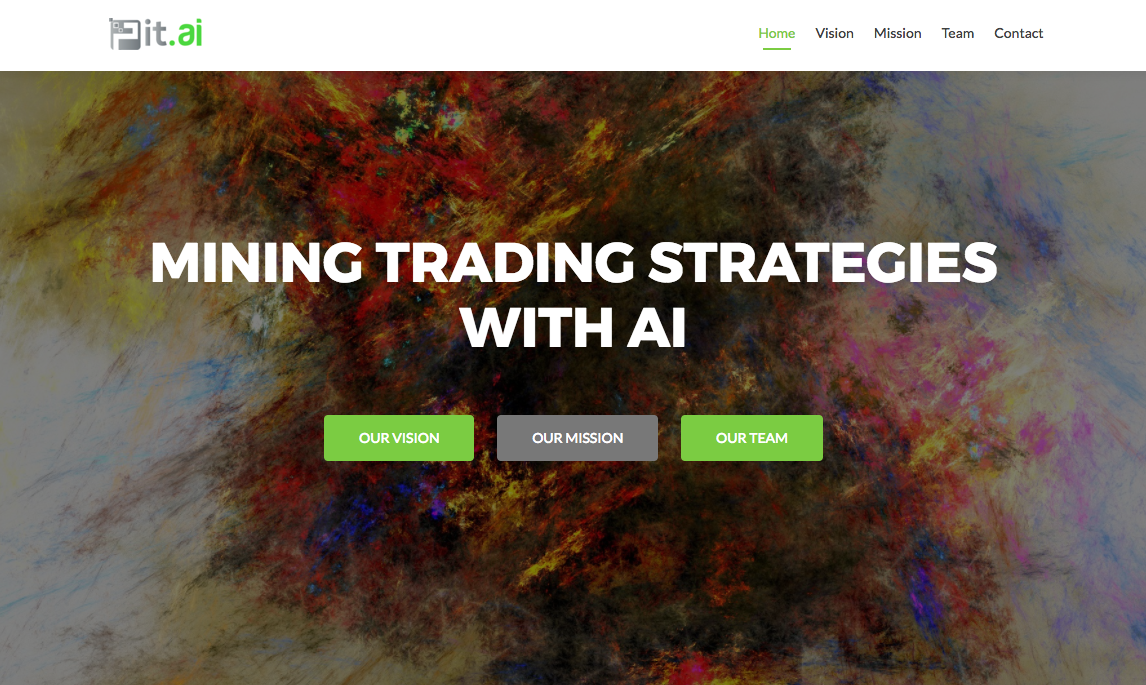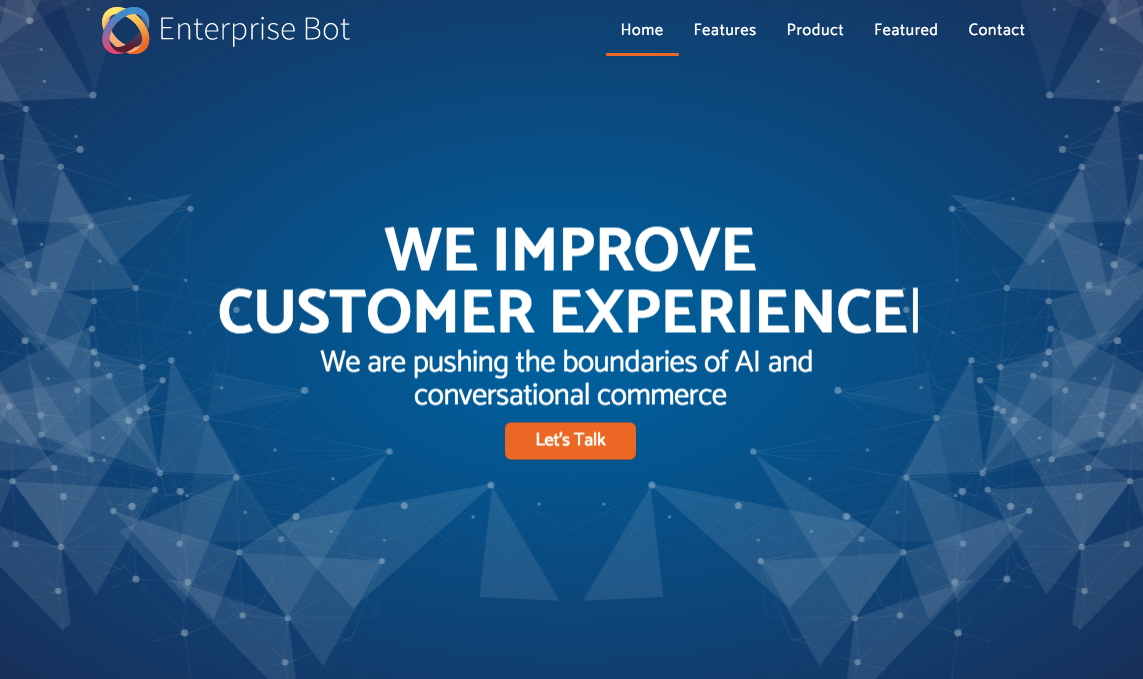How Artificial Intelligence (AI) is changing finance
Opinion • October 23, 2017
The term artificial intelligence or AI has been around since the 1950’s. However, it has recently become a buzz word, particularly within the finance industry.
A disruptive technology, artificial intelligence has more than one meaning. From simple automation to complex algorithms, AI can be anything from a cognitive computing platform to robo-advisers for investments.
And, according to a report by Startupbootcamp and PwC, fintech startups in the UK are increasingly focusing on building smarter and faster machines, as well as gaining a better understanding of the potential for artificial intelligence to solve customer problems.
As AI gains traction in the UK and other parts of the world, opportunities for fintech use are growing, particularly within banking, trading, and operations.
Use of AI in banking
AI within banking has numerous benefits such as risk management, product delivery, compliance, etc. as the technology automates and analyses large amounts of data. One of the top trends of AI within the industry is enhanced customer personalisation. Users are more apt to share personal information if custom advice is offered.

Robo-advisers offer this type of personalised communication. The online wealth management services are algorithm based and give portfolio management advice. Fintech firm Nutmeg is ranked as one of the best and largest UK robo-advisers. Nutmeg focuses on long-term investments that spread user assets across a number of industries instead of just one or two. Pricing fees are also low in comparison to traditional wealth advisers.
Another company offering a personalised product is Clinc – the U.S. company has created a voice-powered AI platform called Finie (financial genie) which allows users to ask in-depth financial questions about their bank accounts such as “What did I spend on gas in 2016?”
The platform also offers personalised spending advice in answer to questions like, “Would it be a good idea to buy a new phone?” The product is being marketed directly to credit unions and banks.
This is similar to Cleo, a product we covered in this blog earlier in the year, though Cleo utilises Facebook’s Messenger app and AI instead of voice to answer questions about a user’s connected accounts.
AI-powered trading
An increasing number of hedge funds are entirely directed by AI-powered trading engines.

UK company Pit.ai is a machine learning-powered hedge fund. The company’s platform evaluates trading strategies and takes into account financial tools for evaluating risk. Pit.ai’s mission is to solve intelligence for investment management and get rid of hedge fund management fees. Early results are promising for the company.
AI is also being used to trade other types of currencies. From the UAE, Autonio is the first AI-powered decentralised robotic trading system that deals with crypto trading – the company intersects AI, Blockchain technology, and cryptocurrencies. The bot’s algorithm uses market indicators to analyze cryptocurrency trends for automated trading.
AI in other areas of fintech
AI also has the ability to increase efficiency within fintech company operations and eliminate human error. For example, Kensho uses artificial intelligence to filter through large amounts of market and data information. Wealthfront uses AI technology to help track account activity for its products.

Enterprise Bot is an example of a company using AI to create better customer support. Originally from India, Enterprise Bot now has offices in London and Zurich. The company has developed AI-powered virtual assistants for the financial industry. Machines, customers, and businesses connect instantly through the use of chat bots (computer programs that mimic conversation with people).
The chat bots are powered by natural language (NLP) and Machine Learning algorithms. What makes these chat bots different? The ability to understand financial conversations in a way to cause users to ask follow-up questions as if they were talking with a real person.
AI possibilities are widespread – London based Onfido uses AI to spot frauds and perform background checks. Habito is an AI capable online mortgage broker (also based out of London) using an algorithm to identify the best deals in the market. Tractable is an insurtech startup that uses AI to provide digital data to support insurance claims. The list goes on.
There are still many challenges to be considered for integrating artificial intelligence into fintech – the main challenges being gaining consumer trust and attracting more investors. However, as AI continues to provide success stories within the fintech industry, the technology should experience greater integration and attract more users.

